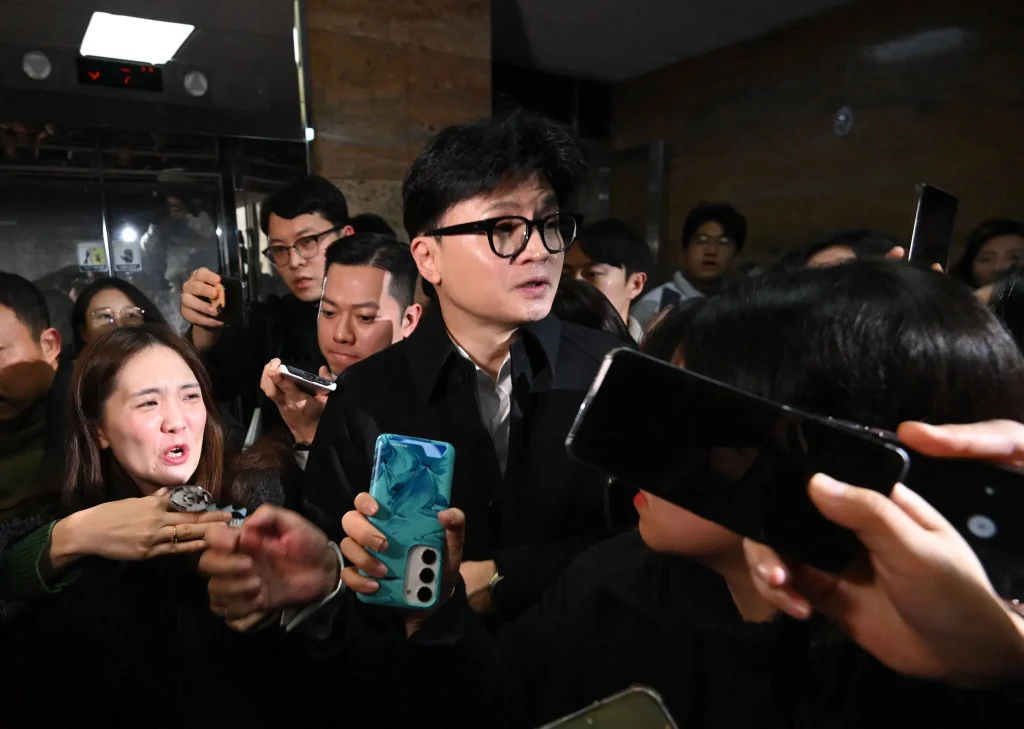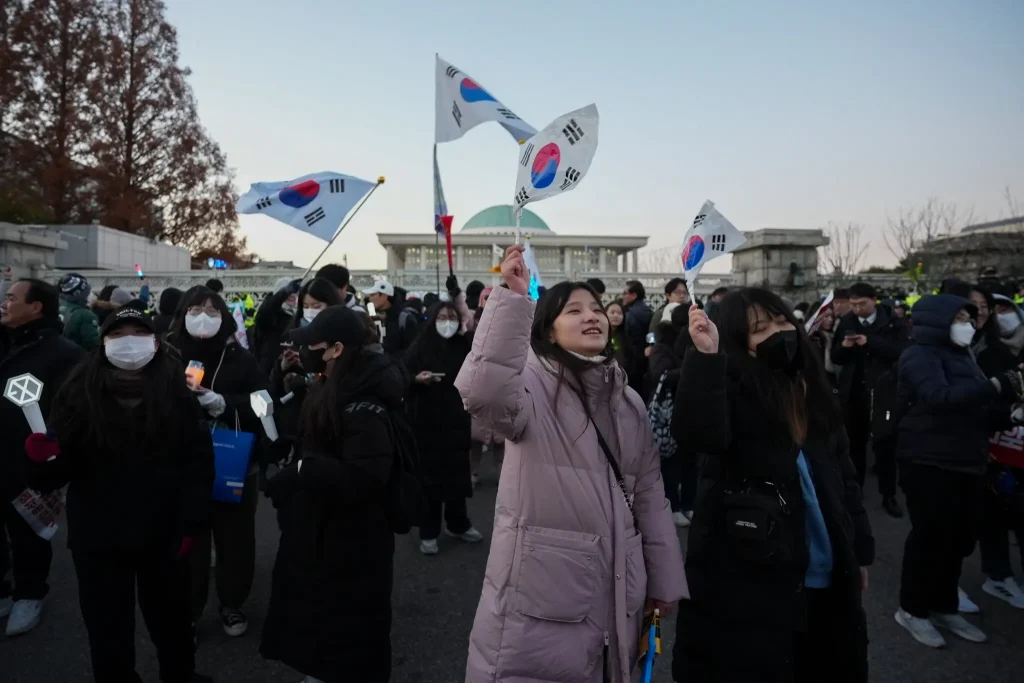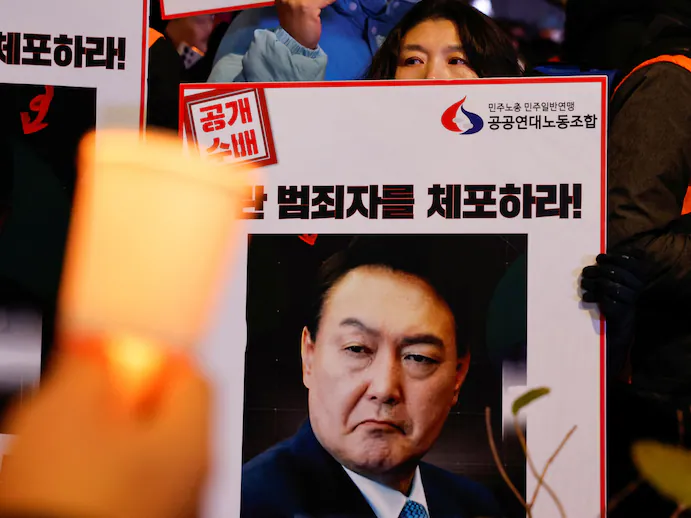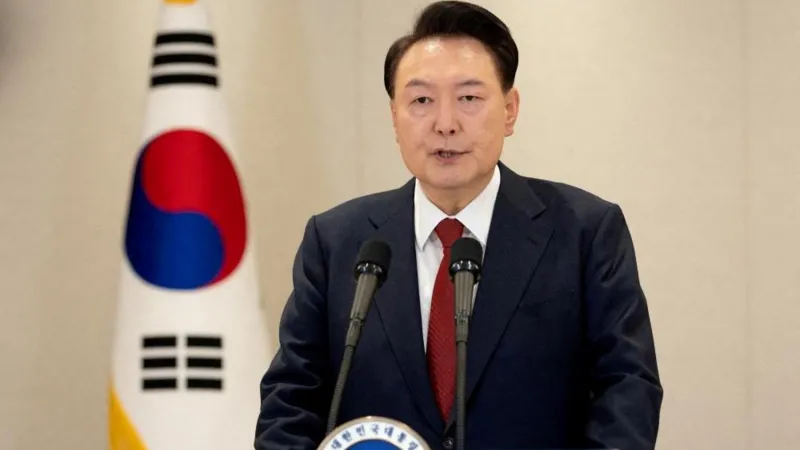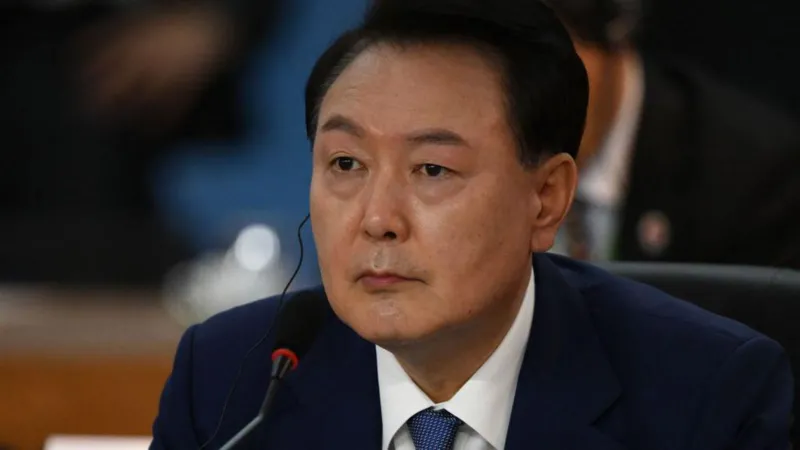South Korea Impeaches Two Leaders in Two Weeks as Crisis Deepens
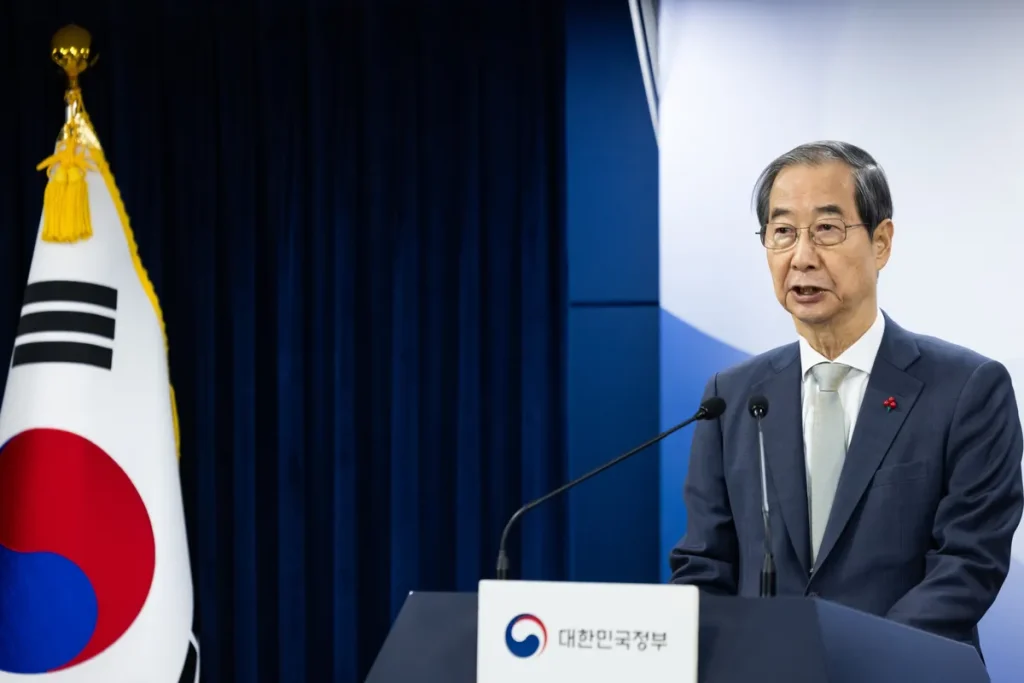
In an unprecedented series of political events, South Korea has witnessed the impeachment of two key leaders in just two weeks, signaling a deepening political crisis. The rapid developments have raised questions about the stability of the country’s leadership and the broader implications for its future governance. The situation is unprecedented in South Korea’s recent political history and has thrown the nation into turmoil as citizens and political analysts scramble to understand the reasons behind these swift actions.
First Impeachment: President’s Scandal and Political Fallout
The crisis began with the impeachment of the sitting president, whose administration had been embroiled in a high-profile scandal. The controversy centered on allegations of corruption, abuse of power, and mishandling of national security matters. Following mounting public pressure and growing protests, the opposition parties in the National Assembly presented a formal motion for impeachment, accusing the president of failing to meet constitutional obligations.
The impeachment process unfolded quickly, with a significant number of lawmakers voting in favor of the motion. While the president’s party tried to mount a defense, the allegations were serious enough that a majority of the country’s legislature believed impeachment was necessary. South Korea’s Constitutional Court, which was tasked with reviewing the motion, initially suspended the president from office pending a final decision.
The scandal centered around claims that the president had used political influence to benefit business associates and allies, potentially involving large-scale embezzlement. Furthermore, allegations surfaced about the mismanagement of national security affairs, particularly with tensions with North Korea. Public opinion had soured significantly, with widespread disillusionment over the president’s ability to lead the country through its challenges.
Second Impeachment: Prime Minister in Hot Water
Just days after the president’s impeachment, South Korea was rocked by a second political shock: the impeachment of the prime minister. The prime minister, once seen as a stabilizing figure during turbulent times, became embroiled in his scandal, related to a botched response to an economic crisis and accusations of mishandling a vital national issue.
The prime minister faced accusations of incompetence in the management of South Korea’s economy, especially in relation to inflation and rising unemployment, which had escalated in recent months. The situation was exacerbated by his mishandling of a national labor dispute that involved striking workers in key sectors, including transportation and healthcare. Critics argued that the prime minister had failed to adequately address the needs of the working class while pursuing policies that appeared to favor corporate interests.
This second impeachment motion gained traction after a public outcry over the government’s inability to resolve the ongoing crisis. Once again, opposition parties rallied together to bring forward the motion, and it quickly gained the support of a majority in the National Assembly. The prime minister’s removal marked another blow to the credibility of the government and the political system as a whole. The two impeachments in quick succession signaled to many that South Korea was experiencing a leadership crisis of significant proportions.
The Political and Social Impact
The two impeachments have sent shockwaves through South Korea’s political system. They have ignited fierce debates about accountability, governance, and the future of the country’s political leadership. Some have hailed the impeachments as necessary actions that demonstrate the strength of South Korea’s democratic institutions, while others view them as indicative of deeper systemic failures.
For many South Koreans, the sequence of events has left them feeling disillusioned and uncertain about the future. The country’s political landscape is now marked by instability, with a vacuum of leadership that has yet to be filled. Citizens are questioning the effectiveness of the country’s political system in addressing pressing issues such as economic recovery, national security, and public health.
The impeachment of these two leaders has also highlighted the deep divisions within the South Korean political establishment. Political polarization between the ruling party and opposition forces has become more pronounced, with each side blaming the other for the crisis. The ruling party, which had initially stood behind the president and prime minister, now faces internal challenges as it grapples with the fallout from their impeachment.
International Reactions and Concerns
Internationally, the rapid succession of impeachment proceedings has drawn attention from both neighboring countries and global powers. South Korea’s allies, including the United States, have expressed concern over the instability in the country. South Korea is a key player in the region, particularly in terms of its relations with North Korea and its position as a major economic force. The crisis at home has the potential to influence South Korea’s foreign policy and its economic standing on the world stage.
Additionally, the two impeachments raise questions about the broader stability of democratic institutions in South Korea. For years, the country has been held up as a model of democracy in Asia, and its ability to navigate this political turmoil will be closely watched. How South Korea handles this crisis will have ramifications for its global image and may influence the political dynamics in neighboring countries.
What’s Next for South Korea?
With both the president and prime minister removed from office, the immediate question is: what happens next for South Korea? The National Assembly will likely move quickly to appoint new leaders, but the process is expected to be contentious. The country is facing significant challenges, including an economic downturn, rising unemployment, and tensions on the Korean Peninsula. Leadership instability at this critical juncture could exacerbate these issues.
In the absence of a stable government, it is likely that South Korea will face mounting pressure from its citizens, business leaders, and international partners. A new leadership team will need to address the economic crisis, manage relations with North Korea, and restore public confidence in the political system.
For many, the political instability has underscored the need for significant reforms to South Korea’s political institutions. The events of the past two weeks have exposed weaknesses in the system, and there will likely be calls for more transparency, greater accountability, and better governance in the future.
The impeachment of two high-ranking South Korean leaders within the span of two weeks marks a critical moment in the country’s political history. The speed and scope of the crisis have left citizens and political analysts alike scrambling to understand its full implications. While some view the impeachments as necessary steps to uphold democratic principles, the rapid succession of events has led to significant uncertainty about South Korea’s future. As the country works to stabilize its leadership, the world will be watching closely to see how it navigates this challenging period.


